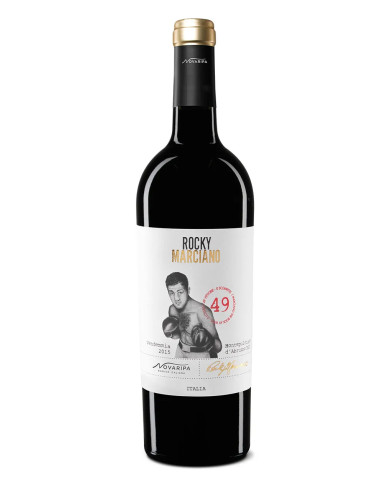Denomination Toscana RosĂŠ
It represents excellence in the production of rosĂŠ wines from the renowned wine region of Tuscany, famous for its tradition and quality.
History and Origins
The production of rosĂŠ wines in Tuscany has ancient roots, dating back to Etruscan and Roman times. Over the centuries, this tradition has been passed down and developed, giving rise to a wide range of high-quality rosĂŠ wines.
Terroir and Environment
The Tuscan terroir offers an ideal environment for growing grapes for rosĂŠ wines. From the gentle slopes of the hills to the coastal plains, each area contributes its unique characteristics to the creation of wines with rich and complex flavors.
Main Grape Varieties
The grape varieties used to produce Tuscan rosĂŠ wines can include Sangiovese, Cabernet Sauvignon, Merlot, and other local and international varieties. These grapes give the wines a variety of aromas and flavors that make them unique.
Production Process
The production process for Tuscan rosĂŠ wines involves harvesting and pressing the grapes, followed by temperature-controlled fermentation. This process allows for the grapes' delicate aromas and flavors to be preserved to the fullest.
Styles and Types of Wines
Tuscan rosĂŠ wines come in a variety of styles, from light and fruity to more structured and complex. These wines are prized for their freshness, balance, and versatility, making them suitable for a wide range of occasions and food pairings.
Food Pairings
Tuscan rosĂŠ wines pair well with a variety of dishes, including light appetizers, salads, seafood, and grilled meats. They're also perfect as an aperitif or to accompany a light meal on hot summer days.
Popularity and Reception
Tuscan rosĂŠ wines are enjoying growing popularity both domestically and internationally, thanks to their quality and distinctive character. They are prized by wine connoisseurs for their freshness, fruity aroma, and elegance.
In conclusion, the Toscana Rosato denomination represents an important expression of the richness and diversity of the Tuscan region. With its long winemaking history, unique terroir, and constant pursuit of quality, Tuscany continues to produce rosĂŠ wines of exceptional quality and character, delighting palates around the world.
FAQs
What are the main grape varieties used in the production of Tuscan rosĂŠ wines? The main varieties may include Sangiovese, Cabernet Sauvignon, Merlot, and other local and international varieties.
What is the typical production process for Tuscan rosĂŠ wines? The production process involves harvesting the grapes, briefly macerating the skins, and fermenting at a controlled temperature.
What are the main styles and characteristics of Tuscan rosĂŠ wines?
Styles range from light, fruit-forward to more structured, complex wines, with colors ranging from pale pink to deep pink.










